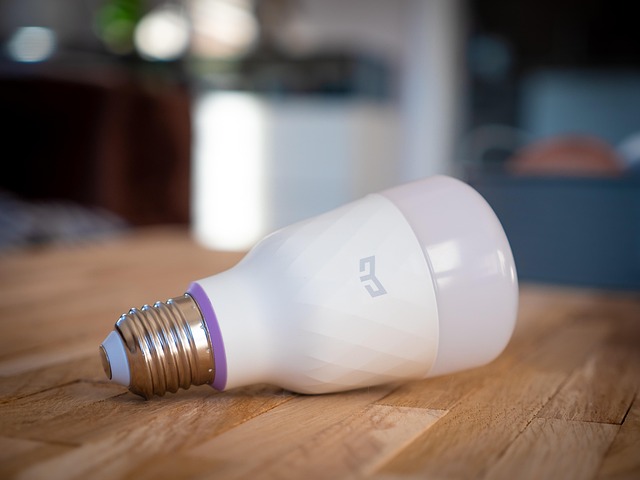Smart water detectors are cutting-edge technology for leak detection, offering continuous real-time monitoring of water usage. These devices use algorithms and sensors to identify minor anomalies in water flow patterns by analyzing pressure and rates. Integrated with smart home systems, they provide immediate alerts on smartphone apps upon detecting leaks, enabling quick action to prevent water damage. These energy-efficient, user-friendly detectors save time, reduce costly repairs, and offer control and convenience, making them a smart investment for property protection. Implementing these detectors as part of a comprehensive leak monitoring system is a proactive approach that reduces the risk of damage and waste through regular maintenance.
“Discover the future of leak protection with automated leak detection systems and smart water detectors. These innovative technologies are transforming home and building management by swiftly identifying and locating leaks, minimizing damage, and saving valuable resources. In this comprehensive guide, we’ll explore the inner workings of smart water detectors, uncover the numerous advantages they offer, and provide insights on implementing and maintaining efficient leak monitoring solutions for optimal peace of mind.”
- Understanding Smart Water Detectors: How Do They Work?
- Benefits of Automated Leak Detection Systems
- Implementing and Maintaining Efficient Leak Monitoring Solutions
Understanding Smart Water Detectors: How Do They Work?

Smart water detectors, a cutting-edge technology in leak detection, are designed to revolutionize property management and home ownership by offering continuous, real-time monitoring of water usage and potential leaks. These advanced devices go beyond traditional methods by utilizing sophisticated algorithms and sensors to detect even the smallest anomalies in water flow patterns. By integrating with smart home systems, they provide immediate alerts when a leak is detected, allowing for prompt action to prevent significant damage.
At their core, smart water detectors work by continuously analyzing water pressure, flow rates, and other metrics. They use this data to establish a baseline of normal water usage patterns within a property. Any deviations from this baseline—such as sudden spikes or drops in pressure—are flagged as potential leak indicators. This proactive approach ensures that issues are identified early, enabling homeowners and managers to take preventative measures or emergency actions to mitigate water damage.
Benefits of Automated Leak Detection Systems

Automated leak detection systems, equipped with smart water detectors, offer a myriad of benefits for both homeowners and commercial properties. One of the primary advantages is their ability to provide early warning signs of potential plumbing issues. Unlike traditional methods that rely on visual inspections or unexpected water bills, these advanced systems continuously monitor water flow and pressure, detecting even the smallest anomalies that could indicate a leak. This proactive approach not only saves time but also minimizes damage caused by water leaks, which can lead to costly repairs and waste.
Moreover, smart water detectors are designed to be energy-efficient and user-friendly. They often utilize wireless technology, allowing for easy installation and remote access through smartphone apps. Homeowners and property managers can receive alerts instantly, enabling them to take immediate action to prevent significant water damage. This level of control and convenience makes automated leak detection systems a smart investment for anyone looking to protect their assets and reduce potential financial losses associated with water leaks.
Implementing and Maintaining Efficient Leak Monitoring Solutions

Implementing efficient leak monitoring solutions, such as smart water detectors, is a proactive approach to managing water infrastructure. These advanced systems employ sophisticated sensors and data analytics to detect even subtle changes in water flow patterns, enabling early identification of potential leaks. By integrating smart water detectors into existing plumbing networks, facilities managers can significantly reduce the risk of costly damage and waste caused by undetected leaks.
Regular maintenance plays a crucial role in ensuring these automated leak detection systems operate at peak efficiency. This includes calibrating sensors to account for varying water pressure and temperature conditions, as well as regularly updating software to incorporate the latest technological advancements. Proactive maintenance not only optimizes the system’s sensitivity but also extends its lifespan, contributing to the overall sustainability of water management practices within buildings or districts equipped with these innovative leak monitoring solutions.
